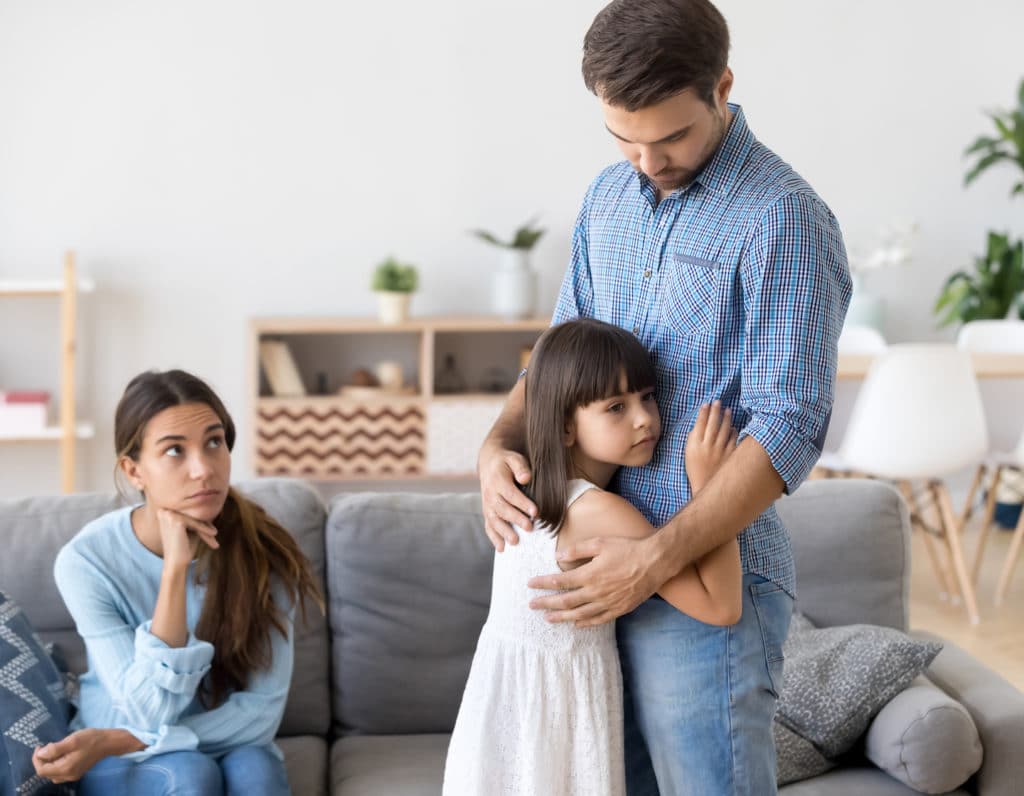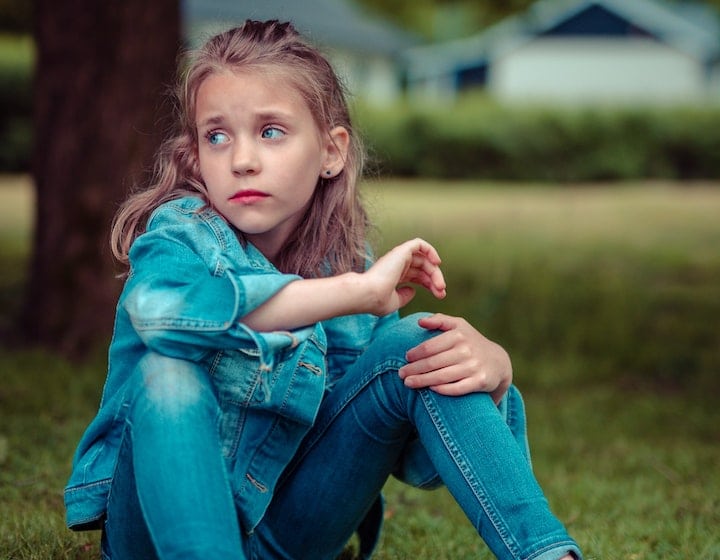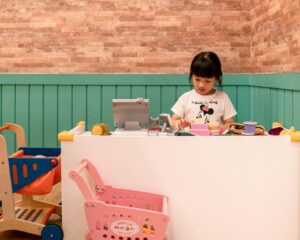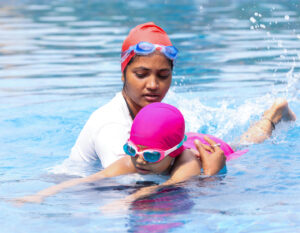
Protect your children by staying calm.
When I first sat down to write this article, I thought it would be easy; after all, working with children of divorced and co-parenting partners is my speciality. However, as I started to think about the many issues divorced parents face, and how much hurt a divorce can bring, I realised that there is really no panacea that results in a good divorce. In fact, divorce tends to bring out the worst in each of us; some bounce back more quickly than others, while others may never fully recover.
As we know, the best outcome for children of divorce is a collaborative co-parenting relationship between the parents, but from my experience, not many children of divorce have this luxury. The divorce itself, or news of your ex-partner remarrying, can bring along many strong emotions and set off a chain of stressful events. This personal and interpersonal turmoil often triggers a primitive response – fight or flight, or freeze – and the parent tends to have very little energy left (emotionally) to help their child adjust to the divorce or a new family unit. Most of the time, feelings do simmer down and thus defensiveness diminishes. Parents can then refocus on ensuring the best interests of their children are met.
Read more: 5 Relationship Books To Improve Your Love Life

Harmful behaviour patterns to watch out for
When the divorce itself, or the introduction of a new partner, triggers deep and complex emotions, it is often because much of the grief and feeling of loss is cumulative. The actual process of divorce not only means the loss of a companion, but also (in many cases) the loss of identity (job) and/or a forced change of location, causing negativity to build up.
The divorce or introduction of a blended family can thus have a ripple effect and may turn unresolved grievances into pathological behaviour. I don’t think many parents deliberately make the decision to consciously use their children to gain revenge, but when the hurt becomes unbearable, people lose sight of how their behaviour is affecting others. If you notice that the other parent is suffering (and aren’t able to see how the young ones in the family are also hurting), or not acting in the best interest of your kids, it is your responsibility to protect them.
Read more: 3 Ways To Help Your Child With Everyday Anxiety
How to help your child(ren)

1. Keep the peace
This can be done by avoiding conflict in front of children and maybe engaging in child-focused mediation to avoid elevating the acrimony. Try to be empathetic toward the other parent, s/he is not only your ex-spouse but also the parent of your kids. The better you can handle delivering the news of divorce, or a new partner, the easier it will be on everyone concerned.
2. Build a routine
Try to develop new routines that are similar to what the children are used to and work with the other parent to establish them. You will each have a new family, and your parenting style might be very different from that of the other, but your children should not have to live in two completely different households. It is time to discuss a co-parenting plan with your ex that focuses on the kids, not on what makes life easier for either of you in the short term. Try using the same, or very similar, visual calendar for both homes so that children can predict when they will be with each parent. This will also give them a sense of consistency in both homes.
3. Work with your ex-spouse
The more you are able to present a united front, the easier it is for your children to adjust. It also becomes easier for your children to trust and rely on both of you (even when you, as parents, are facing difficult times).
This aspect is important which is why I have often found myself working with multiple other professionals to support just one family in transition, especially when a new partner is being introduced (unfortunately, not all families are aware that they need this support or are able to afford it).
Read more: Arguing In Front Of The Kids: Resolving Conflicts Respectfully And Healthfully
How to help yourself

1. Be kind to yourself
This is not an easy transition. Maybe the most important first step is to stay aware and be honest about your own emotional state. How you react to divorce or new, blended families will directly impact how your children feel. If you feel yourself getting stressed or angry, talk to someone and NOT your children.
2. Seek professional help
You might need a professional to help you complete your grieving process rather than relying on well-meaning friends who agree with everything you say. Your friends or family most likely have the best intentions, but they only form their opinion based on your perspective. It is unlikely they will be able to help you expand your perspective and see the bigger picture. At the same time, your friends or family may not know how to relate when the pain starts to take over your life. It may just fuel your anger if the support you are receiving is only from people around you who sympathise, but cannot offer insight into the situation.
You need to work on your own grief before you can provide the lifelong emotional security that your children need from you. You will know you have completed your stage of grief when you can tolerate both positive and negative memories of the other parent. You will also need to form a new identity; you are no longer husband and wife or partners, but co-parents. Once you are able to accept this new identity, you are more likely to be able to handle the complex connections and the many conflicts of co-parenting, while still focusing on the well-being of your children.
3. Accept and work at better co-parenting
As a parent, the best gift you can give to your children is to allow them to have a strong and stable relationship with the other parent, despite your conflicting emotions and the ongoing challenges. Because you really love your children (and because it is important that you disengage from the marriage and rebuild your new life), you can learn to stop focusing on each other’s faults. Work on healing your hurt and not falling into the trap of the “victim” mentality. Ideally, you will be able to concentrate on rebuilding a collaborative and co-operative relationship with each other by focusing on what you can do to be a better co-parent. It is not an easy task, but a worthy one for your children and your future.
Read more: 10 Tips For Better Parenting: Why It Begins With Self-Care
 View All
View All










 View All
View All




 View All
View All


 View All
View All













